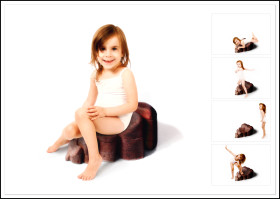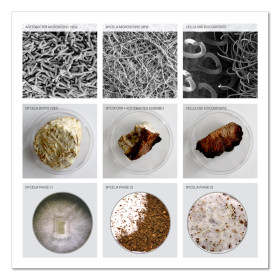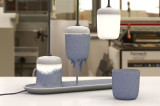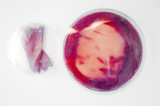To biofacture a chair
Gen2Seat, Genetic Generation Module
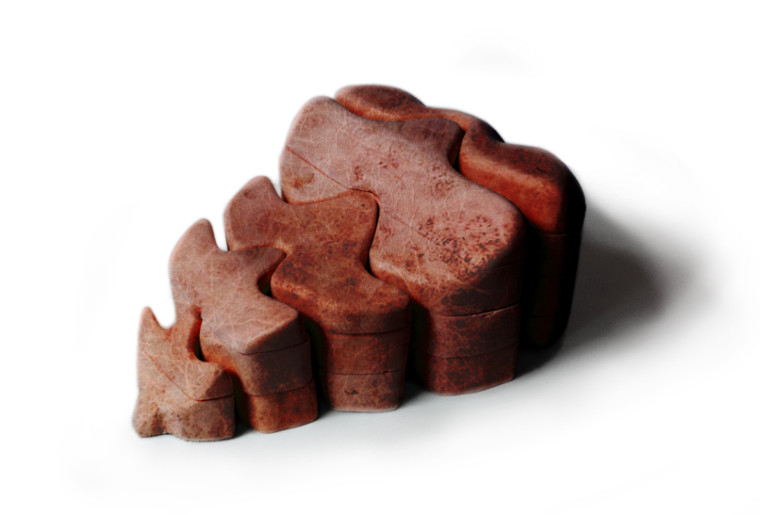
Terreform ONE + Genspace
A brainstorming session between biologists and architects asked: “What can synthetic biology do for design and vice versa?” Applying the tools of synthetic biology, alongside other biological disciplines, such as microbiology and tissue engineering, will allow us to create products more organically, with minimal waste and energy. In our think-tank hackerspace Metropolitain Exchange in Brooklyn, Terreform ONE, an urban non-profit design group, and GenSpace, a community bio lab, we have explored synthetic biology to grow materials. We hope to reshape the way people think about the process of manufacturing products.
It was always a chair, from the very beginning. A chair is so ubiquitous in our world and its shape has changed throughout centuries to reflect our needs and values. We sought to not only redesign the concept of a chair, but revamp its creation to an organic and possibly, home-based operation where products are not artificially put together, but rather grown.
Our chair might be the first household product that can be grown rather than manufactured, but it won’t be the last.
We have produced the first full-scale synthetic biological chair, ‘Genetic Generation Seat’ or ‘Gen2Seat’. Inspired by the design of our own tailbones, ‘Gen2Seat’ is customisable in height and form, due to the different articulated sections that give it flexibility and ease in transportation. Our chair might be the first household product that can be grown rather than manufactured, but it won’t be the last. Funding provided by the Open Science Challenge grant and interest from manufacturers such as Ecovative mean ‘Gen2Seat’ will become a reality and a new product in an emerging techno-industrial revolution where products are designed not only with efficiency and profitability in mind, but also sustainability and disposability.

